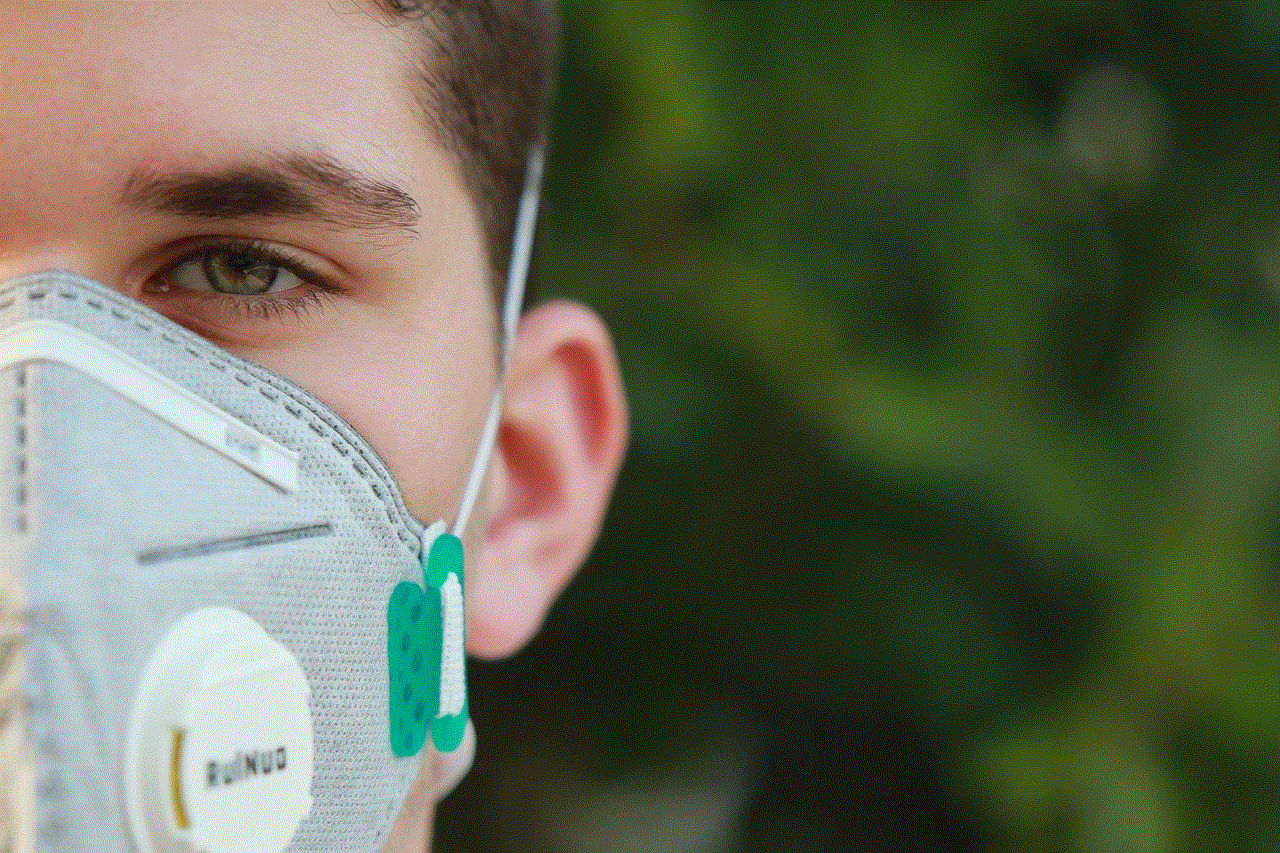you up meaning in chat
Title: Decoding the Meaning and Implications of “You Up” in Chat Conversations
Introduction:
In today’s digital age, where communication has been largely facilitated by messaging apps and social media platforms, various abbreviations and phrases have emerged to convey certain meanings or express specific emotions. One such phrase that has gained popularity is “you up.” While it may seem simple on the surface, its meaning and implications can vary depending on the context and the individuals involved. In this article, we will delve into the intricacies of the phrase and explore its various connotations in chat conversations.
1. The Basic Meaning:
The phrase “you up” is typically used to inquire whether someone is awake or available for conversation. It is commonly employed during late hours when people might be asleep or when curiosity arises about a person’s nocturnal activities. The question is often posed in a casual manner, with the intention of initiating a late-night conversation or seeking companionship during lonely hours.
2. Romantic Connotations:
In the realm of dating and romantic relationships, the phrase “you up” can carry additional implications. When used in this context, it often suggests a desire for intimacy or a suggestion of casual sexual encounters. This usage is prevalent among individuals who share a certain level of familiarity or have established a more flirtatious dynamic. However, it is crucial to note that this interpretation is subject to consent and mutual understanding between the parties involved.
3. Friends Checking In:
Beyond romantic implications, the phrase “you up” can also be used by friends to check in on one another during late hours. In this scenario, it is generally intended as a friendly gesture, indicating concern for the other person’s well-being or a desire to engage in a casual conversation. This usage does not necessarily have romantic undertones but is more focused on maintaining a strong bond and ensuring the other person is safe and supported.
4. Late-Night Conversations:
When someone receives a “you up” message, it often opens the door to a late-night conversation. These discussions can range from light-hearted banter to deep, meaningful exchanges. Late-night conversations often occur when individuals feel more vulnerable, relaxed, or contemplative, making them more inclined to share personal thoughts and feelings. These interactions can strengthen connections and foster a sense of intimacy between the participants.
5. Casual Hookup Culture:
In recent years, the phrase “you up” has become increasingly associated with casual hookup culture. It is frequently used as a way to initiate sexual encounters with minimal commitment or emotional attachment. This usage can be seen as a product of the digital era, where people seek instant gratification and convenience in their romantic or sexual endeavors. However, it is essential to remember that consent and open communication should always be present in any romantic or sexual interaction.
6. Potential Misinterpretations:
Despite its prevalent usage, the phrase “you up” can sometimes be misinterpreted. Different individuals may have varying expectations or understandings of its meaning, leading to confusion or unintended consequences. For example, what may be viewed as a casual inquiry by one person may be perceived as disrespectful or intrusive by another. To avoid misunderstandings, it is crucial to clarify intentions and ensure both parties are on the same page.
7. Context Matters:
As with any form of communication, context plays a pivotal role in understanding the true meaning behind a message. The phrase “you up” can be interpreted differently based on the history, dynamics, and nature of the relationship between the individuals involved. It is essential to consider the broader context surrounding the conversation, including previous interactions, shared experiences, and the individuals’ personal boundaries.
8. Emotional Implications:
While the phrase “you up” is often associated with casual or flirtatious intentions, it can also carry emotional implications. Sending or receiving a late-night message can evoke feelings of longing, vulnerability, or a desire for emotional connection. For some individuals, these conversations can be a way to seek solace, reassurance, or a sense of belonging during lonely or difficult times.
9. Setting Boundaries:
In the digital landscape, setting boundaries is crucial for maintaining healthy relationships and ensuring personal well-being. When engaging in chat conversations, it is important to establish clear boundaries regarding late-night communication. This includes respecting each other’s privacy, understanding individual preferences, and acknowledging that not everyone may be available or willing to engage in conversations during specific hours.



10. Conclusion:
In conclusion, the phrase “you up” holds different meanings and implications depending on the context and the individuals involved. From a simple inquiry about someone’s availability to potential romantic or sexual undertones, the phrase can carry various connotations. It is vital for individuals to communicate openly, establish boundaries, and respect each other’s preferences when engaging in chat conversations. Understanding the nuances of this phrase can help foster healthier relationships and more meaningful connections in the digital realm.
ip address tracker instagram
In today’s digital age, social media has become an integral part of our lives. With over 1 billion active users, Instagram is one of the most popular social media platforms in the world. This photo-sharing app allows users to post pictures and videos, follow their friends and favorite celebrities, and explore new interests through hashtags. However, what many people are unaware of is the fact that Instagram also has a feature called “IP address tracking.” In this article, we will delve deeper into what IP address tracking on Instagram is, how it works, and the implications it has on our privacy.
Firstly, let’s understand what an IP address is. An IP address is a unique numerical label assigned to every device that is connected to the internet. It serves as an identifier for the device and allows it to communicate with other devices on the internet. Every time we use our mobile phones or laptops to access the internet, our IP address is visible to the websites we visit. This information is then used by these websites to track our location, browsing history, and other online activities.
Now, coming back to Instagram, the app uses IP address tracking to gather information about its users. This feature was introduced by the platform to enhance its advertising capabilities. By tracking the IP addresses of its users, Instagram can target ads based on the user’s location and interests. For example, if a user frequently searches for fitness-related content and lives in New York, Instagram can show them ads for local gyms and fitness classes in their area.
But how does Instagram actually track our IP addresses? Whenever we open the app, Instagram collects our IP address through our device’s internet connection. This information is then stored and used to create a profile of our online behavior. The app also uses cookies, which are small text files that are stored on our devices, to track our activity on the platform. These cookies contain our IP address, along with other information such as our username, email address, and the type of device we are using.
While Instagram claims that the information collected through IP address tracking is used solely for advertising purposes, there are concerns about the potential misuse of this data. For instance, in 2019, it was reported that Instagram was using the location information gathered from users’ IP addresses to suggest potential partners for them. This sparked a debate on whether Instagram was crossing the line by using personal information for dating purposes without the users’ consent.
Another concern with IP address tracking on Instagram is the potential threat to our privacy. As mentioned earlier, our IP address reveals our location and online activities, making us vulnerable to cyber threats. Hackers or cybercriminals could potentially use this information to track our physical location, access our personal data, or even hack into our devices. This is a major concern for individuals who value their online privacy and do not want their personal information to be shared with third parties without their knowledge.
Moreover, IP address tracking on Instagram also raises questions about the platform’s transparency and ethical practices. While the app does have a privacy policy, it is often lengthy and filled with technical jargon, making it difficult for users to understand the implications of sharing their data. Additionally, there have been instances where Instagram has been accused of secretly tracking users’ IP addresses even after they have logged out of the app.
On the other hand, supporters of IP address tracking argue that it helps the platform to provide a more personalized and relevant experience for its users. By targeting ads based on users’ interests and location, Instagram can show them content that is more likely to be of interest to them. This, in turn, benefits businesses and advertisers who can reach their target audience more effectively.



In conclusion, while IP address tracking on Instagram may have its benefits in terms of targeted advertising, it also raises concerns about privacy and transparency. As users, it is important for us to be aware of the information that is being collected and shared by the app and to take necessary measures to protect our privacy online. This includes regularly reviewing our privacy settings, limiting the amount of personal data we share on social media, and being cautious of the information we post online. As for Instagram, it is essential for the platform to be more transparent about its data collection and usage practices to ensure the safety and privacy of its users.
anonymous app yik yak exposed users
In recent years, anonymous social media apps have gained immense popularity among young adults and college students. These apps allow users to post and share content without revealing their true identity, often leading to a sense of freedom and anonymity. One such app that has taken the digital world by storm is Yik Yak. Launched in 2013, Yik Yak quickly gained a massive user base and became a go-to platform for sharing thoughts, opinions, and gossip. However, with the rise in cyberbullying and online harassment, the anonymity provided by Yik Yak has also caused significant harm to its users. In this article, we will delve deeper into the dark side of Yik Yak and how it has exposed its users to a range of risks.
First and foremost, it is essential to understand how Yik Yak works. The app is based on location-based technology, which means that users can only view posts from people within a 1.5-mile radius. This feature was initially intended to create a sense of community and allow users to connect with others in their vicinity. However, this same feature has also made Yik Yak a breeding ground for cyberbullying and harassment. As users can only see posts from people in their area, it becomes easier to identify the person behind a post and target them with hurtful and abusive comments.
Another factor that has contributed to the exposure of Yik Yak users is the lack of moderation on the app. Unlike other social media platforms, Yik Yak does not have a reporting or blocking feature. Users can only flag a post if they find it offensive, and the post may or may not be removed after review by the app’s team. This lack of control has made it easier for users to post hateful and derogatory content without any consequences. As a result, many Yik Yak users have been subjected to cyberbullying and targeted attacks, leading to severe mental health issues and, in some cases, even suicide.
One of the most concerning aspects of Yik Yak is that it allows users to post content anonymously. While anonymity can be liberating for some, it also opens the door for malicious activities. Users can create fake profiles and post false and damaging information about others without any fear of being identified. This feature has been exploited by cyberbullies and trolls, who use it as a tool to harass and intimidate others. Moreover, many users have reported receiving threatening and sexually explicit messages from anonymous users, creating a toxic and unsafe environment on the app.
Yik Yak has also been criticized for its lack of age verification. The app does not require users to provide any personal information or verify their age before creating an account. This has made it easier for underage users to access the app and its content, which can be highly inappropriate and harmful. With no parental controls in place, Yik Yak has become a dangerous platform for young users, exposing them to mature and often explicit content, including cyberbullying, hate speech, and sexual harassment.
In 2017, Yik Yak was shut down due to its negative impact on its users. However, the app was relaunched in 2019, with new features and a promise to create a safer and more positive environment for its users. One of the changes made was the removal of the anonymous posting feature. Users were now required to create accounts and use their real names, making it easier to hold them accountable for their actions. However, the damage had already been done, and many users had already suffered the consequences of using the app.
The exposure of Yik Yak users was not limited to cyberbullying and harassment. In 2015, the app was at the center of a controversy when a student from the University of Mary Washington was murdered by her roommate and a fellow Yik Yak user. The victim’s parents filed a lawsuit against Yik Yak, claiming that the app had facilitated the harassment and bullying that led to their daughter’s death. While the case was eventually dismissed, it raised concerns about the responsibility of social media platforms in ensuring the safety of their users.
Moreover, Yik Yak has also been accused of exposing its users to hate speech and discrimination. As the app allows users to post anonymously, it has become a platform for spreading racist, sexist, and homophobic content. Many users have reported being targeted with hateful comments and slurs based on their race, gender, or sexual orientation. This has not only caused emotional distress but has also made many users feel unsafe and unwelcome on the app.
The negative impact of Yik Yak on its users has not gone unnoticed. In 2016, a study conducted by researchers at the University of Alberta found that Yik Yak was the most popular app used for cyberbullying, with 37% of respondents reporting being a victim of cyberbullying on the app. Another survey by the National Crime Prevention Council revealed that 43% of teenagers had witnessed cyberbullying on Yik Yak. These statistics highlight the dangerous and often traumatic experiences that Yik Yak users have had to endure.



In conclusion, the anonymous social media app Yik Yak has exposed its users to a range of risks and dangers, including cyberbullying, harassment, hate speech, and discrimination. The lack of moderation, age verification, and accountability has created a toxic and unsafe environment for its users, especially young adults and teenagers. While the app has made efforts to address these issues, the damage has already been done, and many users have been scarred by their experiences on Yik Yak. It is essential for social media platforms to prioritize the safety and well-being of their users, and Yik Yak serves as a cautionary tale of the consequences of neglecting this responsibility.